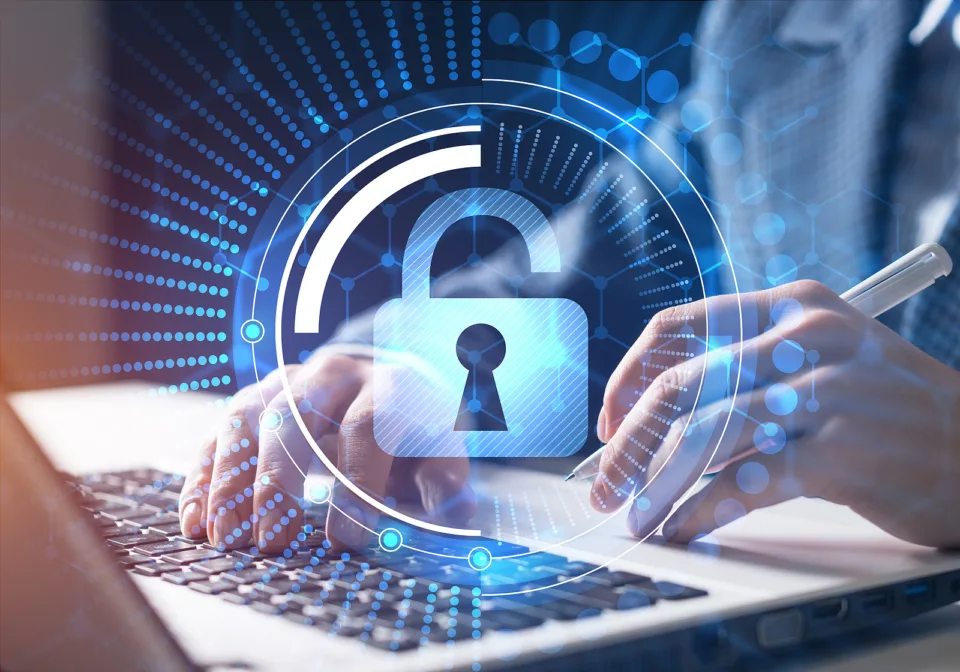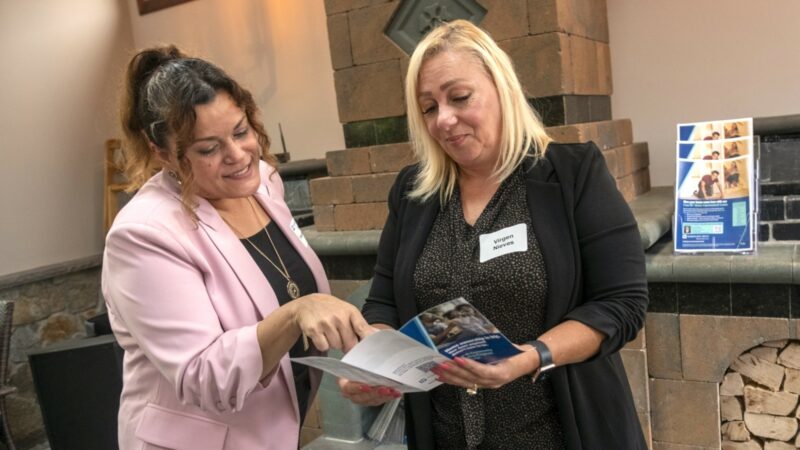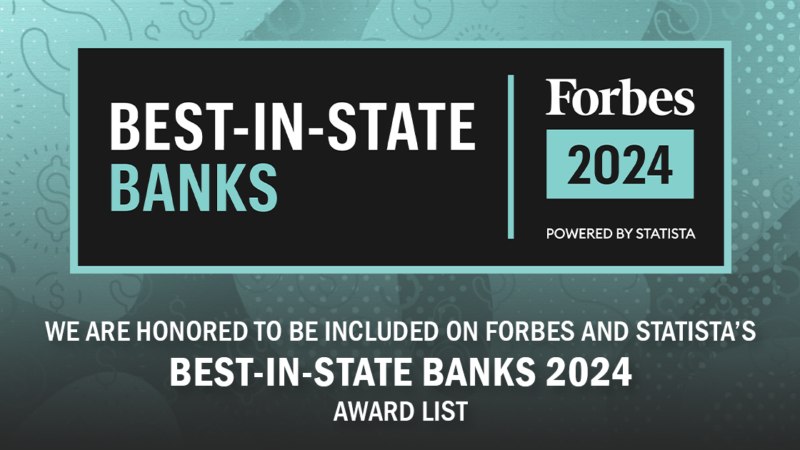Avoiding Scams and Scammers

Cybersecurity is key
From FDIC Consumer News
When cybersecurity is inadequate, it can lead to stolen identity and financial loss. Most scams and scammers have two main goals-to steal your money and your identity. You should know what to look for, how they work, and what to do, so you can protect yourself and your finances.
Maintaining cybersecurity is very important. It is not simply something that concerns large corporations and other businesses. Here are some steps you can take:
- Do not open email from people you don’t know. If you are unsure whether an email you received is legitimate, try contacting the sender directly via other means. Do not click on any links in an email unless you are sure it is safe.
- Be careful with links and new website addresses. Malicious website addresses may appear almost identical to legitimate sites. Scammers often use a slight variation in spelling or logo to lure you. Malicious links can also come from friends whose email has unknowingly been compromised, so be careful.
- Secure your personal information. Before providing any personal information, such as your date of birth, Social Security number, account numbers, and passwords, be sure the website is secure.
- Stay informed on the latest cyber threats. Keep yourself up to date on current scams.
- Use Strong Passwords. Strong passwords are critical to online security.
- Keep your software up to date and maintain preventative software programs. Keep all of your software applications up to date on your computers and mobile devices. Install software that provides antivirus, firewall, and email filter services.
- Update the operating systems on your electronic devices. Make sure your operating systems (OSs) and applications are up to date on all of your electronic devices. Older and unpatched versions of OSs and software are the target of many hacks.
Maintaining your cybersecurity will help prevent you from being a victim of identity theft and potential financial loss. Staying current on the latest types of scams can help you to identify the risks and learn how avoid them, so you can protect yourself and your finances. For more information, you can always visit FDIC.gov for the latest updates on scams in your area.
Contact a Trusted Advisor
For more information or to speak with one of our trusted advisors about your unique financial needs, contact us at 800-475-2265 or submit an online form.











